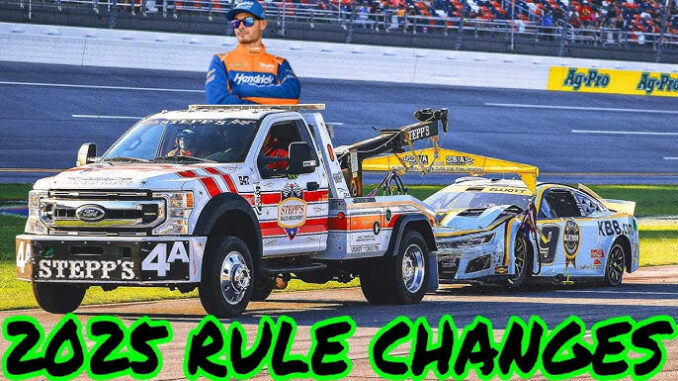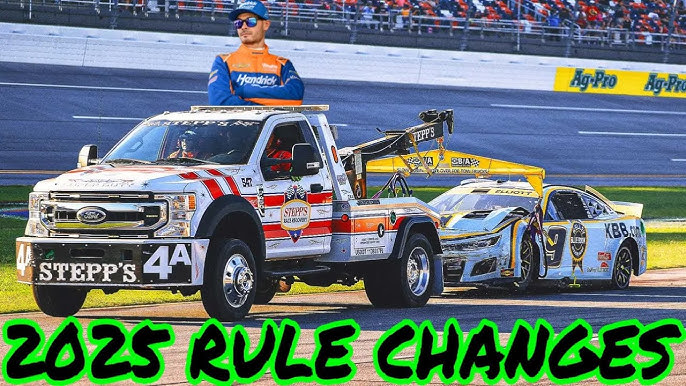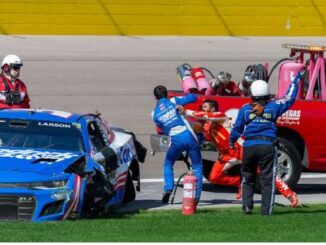

The world of NASCAR was left reeling in the aftermath of the chaotic Michigan race, which saw a number of high-profile drivers involved in a series of accidents and controversies. In the wake of the race, NASCAR officials have announced a number of new rule changes aimed at improving safety and reducing the number of accidents on the track.
The new rule changes, which will be implemented in the coming weeks, are designed to address a number of issues that were highlighted during the Michigan race. These include the use of softer tires, which will reduce the risk of blowouts and improve traction on the track. The new rules will also limit the use of certain types of suspension components, which have been linked to a number of accidents in the past.
The new rule changes have been met with a mixed reaction from drivers, with some welcoming the changes and others threatening to boycott the sport if the changes are not implemented in a satisfactory manner. Many drivers have expressed concerns about the potential impact of the new rules on the performance of their cars, and have called for a thorough review of the changes before they are implemented.

NASCAR officials have defended the new rule changes, stating that they are necessary to improve safety and reduce the number of accidents on the track. They have also emphasized that the changes are the result of extensive testing and consultation with drivers and teams, and that they have been designed to improve the overall safety of the sport.
Despite the concerns of some drivers, the new rule changes have been welcomed by many fans and experts in the NASCAR community. The changes are seen as a necessary step towards improving the safety of the sport and reducing the number of accidents on the track.
In conclusion, the new rule changes announced by NASCAR in the wake of the chaotic Michigan race are a significant development in the sport. The changes are designed to improve safety and reduce the number of accidents on the track, and have been welcomed by many fans and experts in the NASCAR community. However, the changes have also been met with a mixed reaction from drivers, who have expressed concerns about the potential impact of the changes on the performance of their cars. It remains to be seen how the changes will ultimately be implemented, and what impact they will have on the sport in the years to come.



Be the first to comment